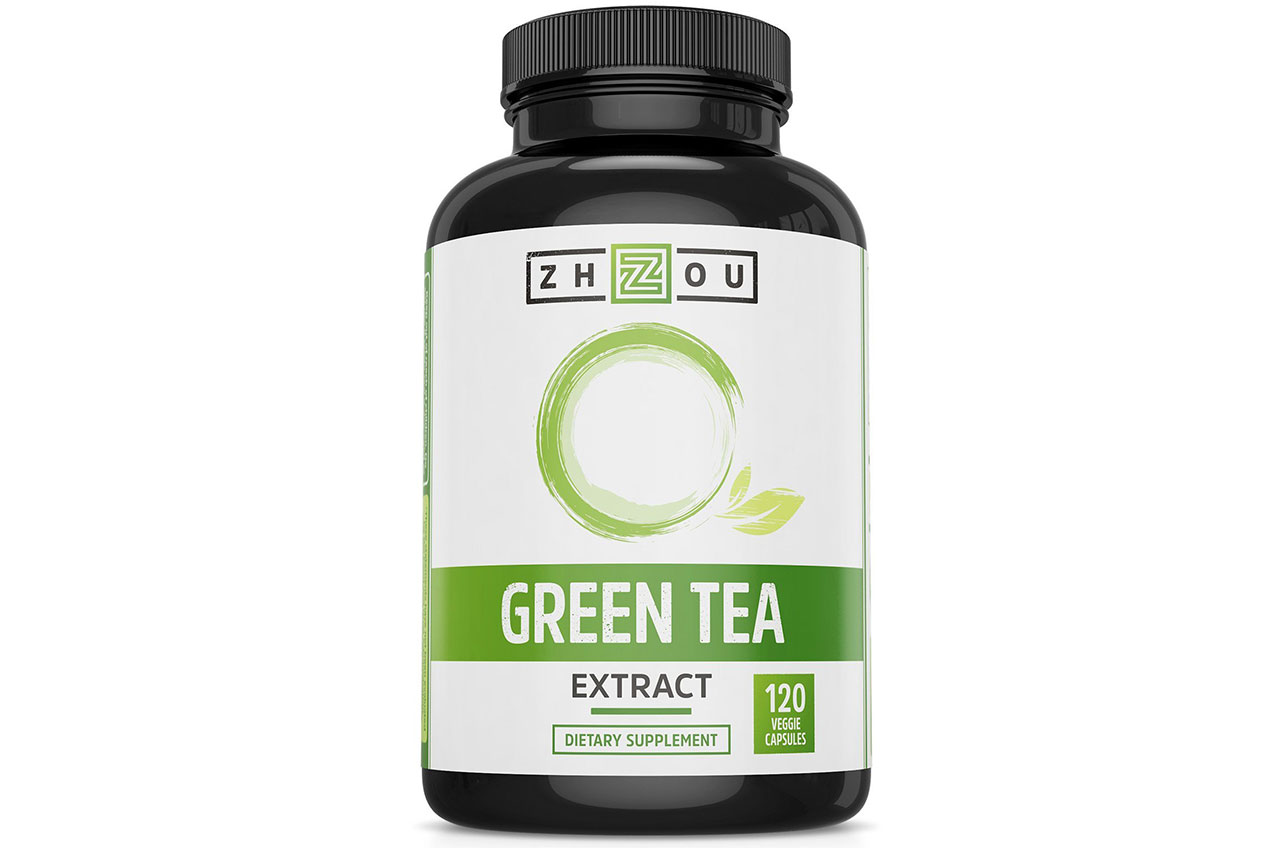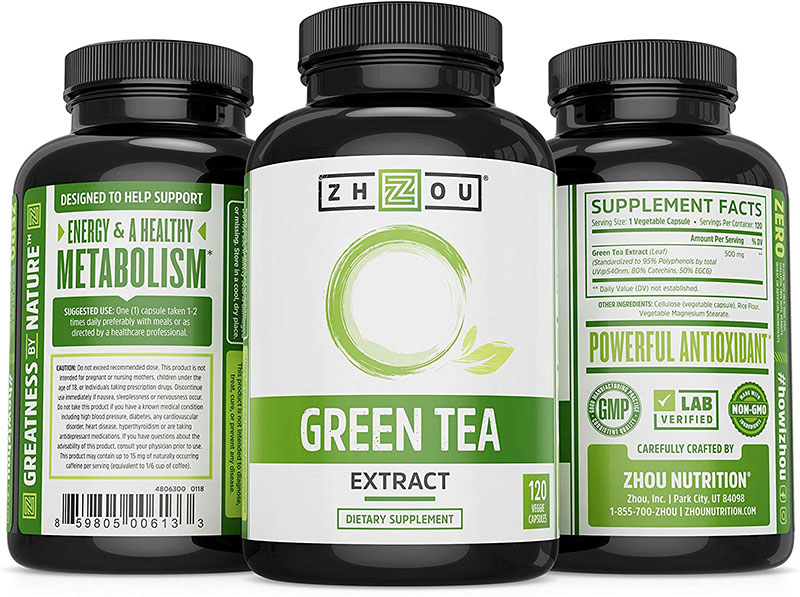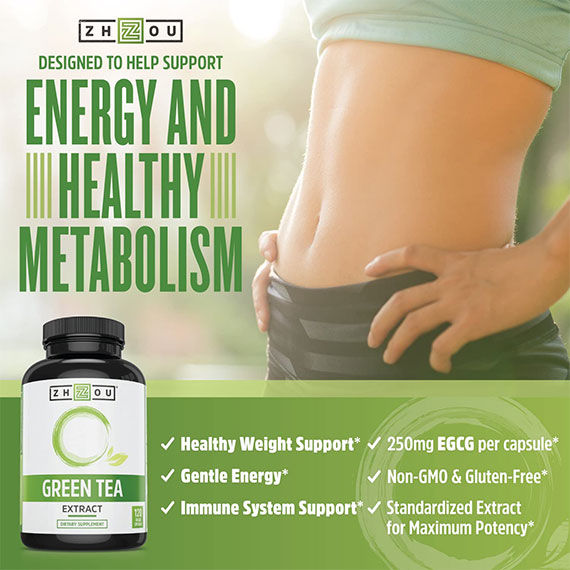It probably wouldn’t surprise you that coffee and caffeine in general is the most used ‘supplement’ in the world.
Of course, systematically abusing it to get the benefits, may lead to negative effects and risks for the organism.
Ask yourself if your nervous, anxious behavior is caused by the third cup of coffee for the day.
So…
What Is Caffeine?
Caffeine (trimethylxanthine) is a substance, mostly found in coffee, certain tea leaves, etc.
When derived from coffee, the trimethylxanthine is called caffeine, from tea- tianine and from guarana- guaranine.
This substance is usually ingested orally, as a drink (coffee, tea, energy drinks, supplements, etc.)
How Does Caffeine Affect The Body?
Caffeine is a direct stimulator of the central nervous system and is mostly known for its ability to suppress the feeling of sleepiness and sharpen your wakeful awareness.
When caffeine gets into the blood through the digestive system, it reaches the liver, where it gets metabolized down to 3 metabolites (paraxanthine, theobromine, theophylline).
These 3 metabolites have a couple of properties:
- Paraxanthine stimulates the lipolysis, or with simple words- the process of breaking down the fats in the
fat cells, to fatty acids and glycerol, which then go into the blood flow.
Theobromine then increases the size of the blood vessels and the amount of urine in the body, which makes coffee a diuretic in a sense.
- Last but not least, theophylline- This metabolite relaxes the bronchi in the lungs, which makes breathing a tad bit more relaxed.
In summary, caffeine is a substance that:
- Stimulates the production of adrenaline
- Increases energy levels
- Fights sleepiness and increases awareness
- Improves physical performance- Suppresses fatigue
- Improves breathing
- Stimulates fat burning processes and helps you get retained water out of the body
- Boosts metabolism
Proven Effects Of Caffeine Upon Stress
- Improves one’s ability to deal with stressful situations
- Improves reaction time when the body has been systematically deprived of sleep
- Improves one’s abilities to learn something under stress
Side Effects Of Caffeine
- After the effect of caffeine wears off, you will feel exhausted and sleepy
- Some caffeine drinks may irritate the stomach, especially if consumed on an empty stomach.
- Caffeine intolerances may cause sharp headaches
Risks Of Using Caffeine Daily
Regularly and excessively supplementing with caffeine may lead your body to an adaptation, which will then have a reverse effect and cause you to lose motivation and decrease work efficiency.
Risks Of Caffeine For Athletes
Caffeine is derived from natural sources, but it is in fact a way of suppressing exhaustion, which is not within the normal, natural requirements of the body, if excessively dosed.
Additionally, caffeine has a light pain-killing effect, whichHow To Dose Caffeine?
The recommended, safe daily dosage of caffeine is up to 300-450 mg, depending on the individual., combined with the energy burst, may cause the athlete to overestimate themselves and end up with an injury.
For marathon runners, caffeine may lead to serious dehydration.
How To Dose Caffeine?
The recommended, safe daily dosage of caffeine is up to 300-450 mg, depending on the individual.
Can You Overdose On Caffeine?
Usually, taking in a large amount (your full daily dose), within an 8-hour time frame, may lead to an overstimulation of the central nervous system.
When this happens, side effects like these may occur:
- Insomnia
- Stomach ache
- Constipation
- Increased heart rate
Adapting To Caffeine
Usually, the body adapts to such substances, if they are ingested on the regular basis.
Specifically, for caffeine, it has been shown that the body can adapt to it within 3 weeks or less, which proves that regular intake reduces the intensity of the positive effects.
Risks Of Long Term Caffeine Usage
Intaking caffeine a couple of times daily, for prolonged periods of time, may lead to serious side effects like chronic exhaustion, depression and insomnia, along with stomach and headaches.
Who Shouldn’t Take Caffeine?
Caffeine drinks and supplements are not recommended for women who breastfeed newborns or are deep into their pregnancy.
It is not recommended to combine painkillers with high doses of caffeine, as that may increase the painkillers’ effect, which may then cause an addiction to the substances.
So, To Coffee Or Not To Coffee?
In reality, if your nutrition and training plans are properly adjusted to your needs, along with the amount of sleep, you will be full of energy and won’t really need coffee.
However, there are exceptions as every once in a while, we have those days where we just feel tired and exhausted- That’s exactly where caffeine can be a great supplement to use.
In conclusion, we can say that it would be most rational to first take care of other factors like the ones mentioned above, which may be the key as to why you are actually not feeling so energized lately.
After you take care of those things, you can proceed to additionally helping yourself get through the tough day, with caffeine-based drinks and supplements.
Those, of course, can be supplemented regularly, but in reasonable amounts, in order to avoid the side effects, which we talked about.
MeanMuscles Recommendation: Green Tea Extract Supplement With EGCG
Green Tea Extract Supplement with EGCG
For Healthy Weight Support- Metabolism, Energy and Healthy Heart Formula – Gentle Caffeine Source – Antioxidant & Free Radical Scavenger – 120 Veggie Capsules



